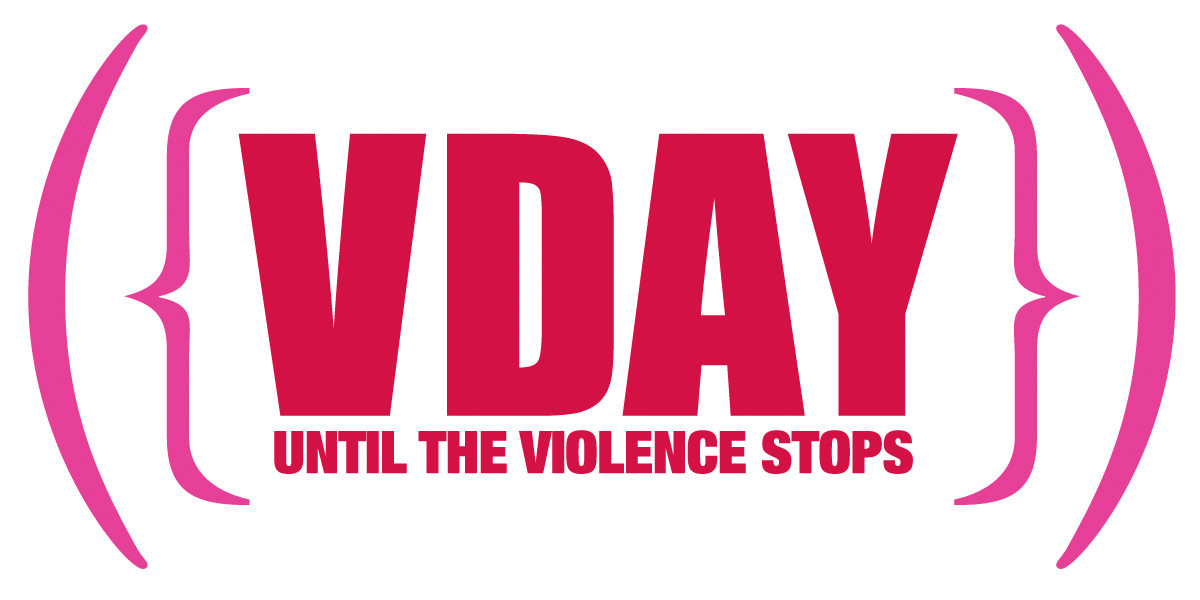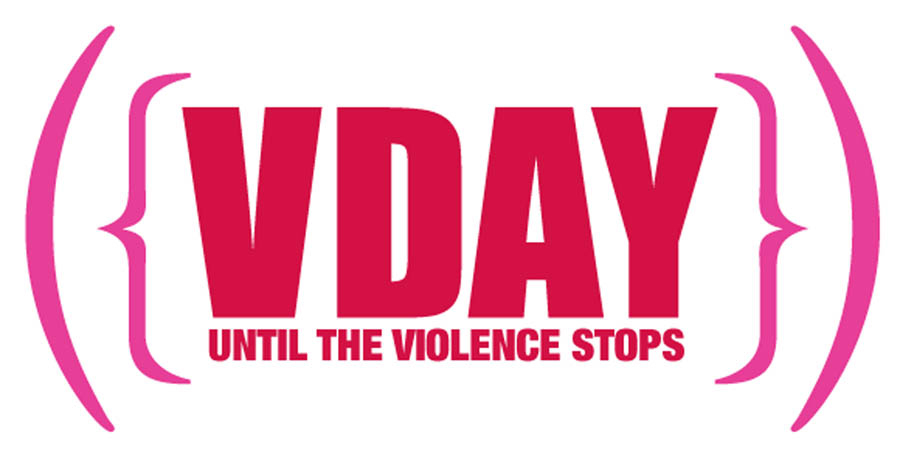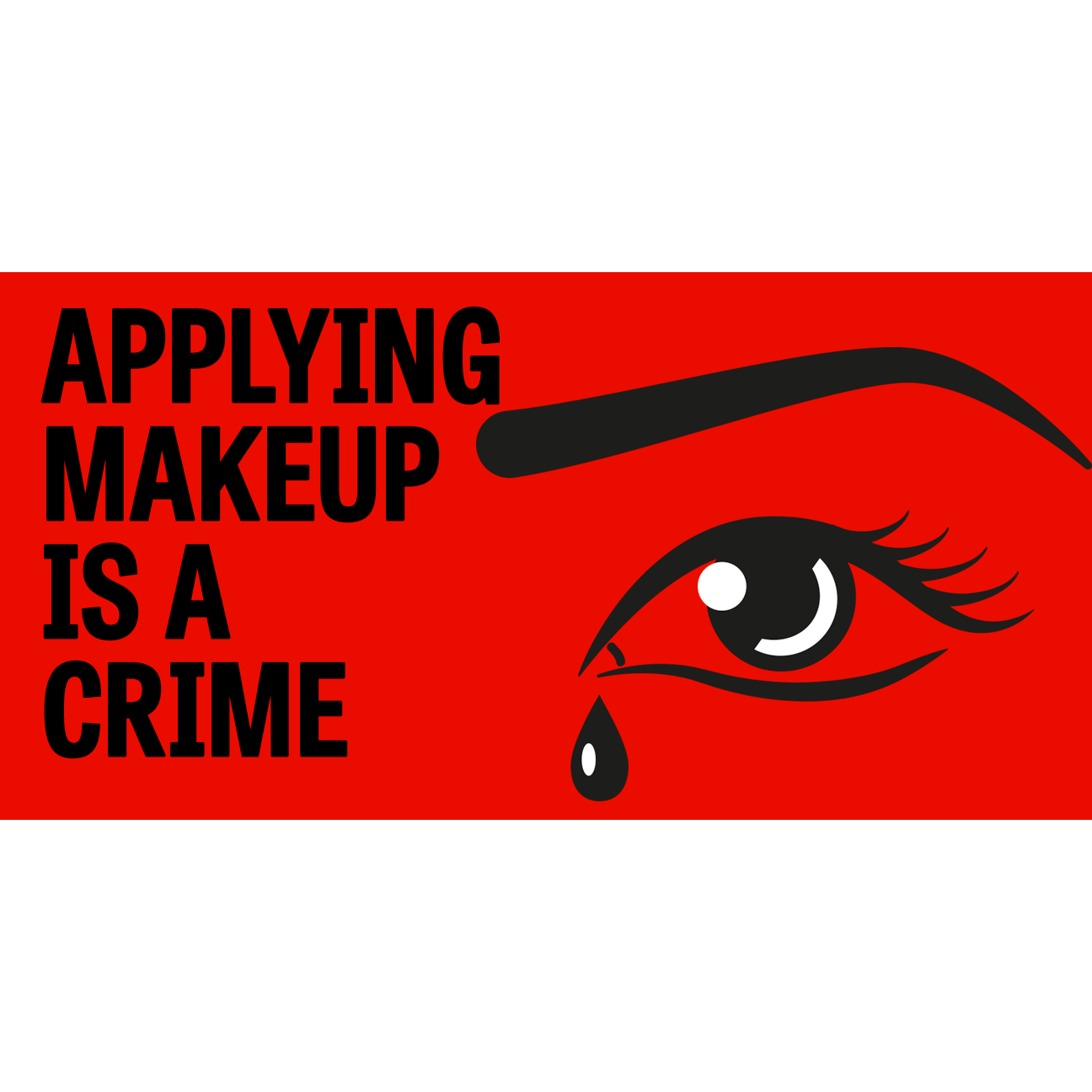
29 Jan Can you imagine how difficult it is to be unable to even apply simple makeup in this world?
It’s a struggle that’s hard to put into words, and it feels like no one truly comprehends or shares in our pain.
Sitara (not her real name) is in her 30s with two children. She owned and managed a beauty salon in Herat, Afghanistan and her personal journey highlights the enduring hardships faced by the people of Afghanistan over the past four decades of war and instability.
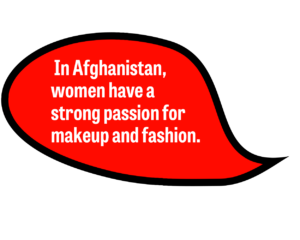 I couldn’t attend school, never experiencing a typical childhood due to the constant presence of war. Eventually, my family and I were forced to flee to Pakistan as a result of the ongoing conflict. Unfortunately, in our new home, the cost of education was prohibitively high, making it unattainable for us. My life felt like a constant struggle, far from the normalcy enjoyed by children in other countries. I reached a point where I stopped dreaming altogether. We had no hope, no ambition, and no specific aspirations, for we understood that any such dreams would remain mere daydreams. My family made the decision to arrange my marriage to a man I had never met before, who was introduced to us by our neighbor. We got married and moved to Herat.
I couldn’t attend school, never experiencing a typical childhood due to the constant presence of war. Eventually, my family and I were forced to flee to Pakistan as a result of the ongoing conflict. Unfortunately, in our new home, the cost of education was prohibitively high, making it unattainable for us. My life felt like a constant struggle, far from the normalcy enjoyed by children in other countries. I reached a point where I stopped dreaming altogether. We had no hope, no ambition, and no specific aspirations, for we understood that any such dreams would remain mere daydreams. My family made the decision to arrange my marriage to a man I had never met before, who was introduced to us by our neighbor. We got married and moved to Herat.
Over time, the situation in Herat began to change for the better; schools reopened, and women began to work and establish small businesses. Suddenly, I started to contemplate my future and became excited about contributing to my family’s well being. Even though I was pregnant, I made the bold choice to start a small beauty salon. In Afghanistan, women have a strong passion for makeup and fashion. I specialize in makeup for weddings and parties, offering services such as haircuts, eyebrow shaping, and manicures. Each day, I had dozens of customers. Financially, we found happiness.
When the Taliban took control of the government after the US withdrawal, one of their first steps was to cover up shop windows. They also spray-painted images of women outside salons to hide their faces. But at least the salons were open for a short time. Eventually, they closed down all the salons, and more than 60,000 women lost their jobs. For many of us, we were the sole providers for our families. They never gave us a logical reason for the closures or any guidance on how we should survive and feed our children.
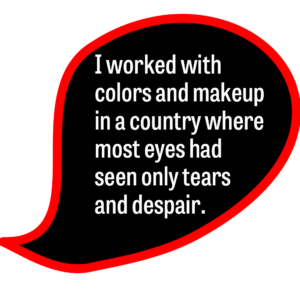 I used to find joy in my work, bringing happiness to women whose hearts were heavy with sorrow and pain, even if only for a few hours when I applied their makeup. In front of the mirror, they would look at themselves and feel a sense of happiness. I worked with colors and makeup in a country where most eyes had seen only tears and despair. I cherished my work. Even today, I apply makeup to myself every morning, a practice I didn’t use to enjoy; now, I see it as a form of resistance against these oppressors—putting on lipstick and nail polish as a symbol of defiance against these barbarians.
I used to find joy in my work, bringing happiness to women whose hearts were heavy with sorrow and pain, even if only for a few hours when I applied their makeup. In front of the mirror, they would look at themselves and feel a sense of happiness. I worked with colors and makeup in a country where most eyes had seen only tears and despair. I cherished my work. Even today, I apply makeup to myself every morning, a practice I didn’t use to enjoy; now, I see it as a form of resistance against these oppressors—putting on lipstick and nail polish as a symbol of defiance against these barbarians.
A few months ago, the Taliban issued us a deadline and subsequently shut down all the beauty salons. I cried every night. It wasn’t just my livelihood; it was my children’s future, my happiness, my life. I gathered all my makeup tools and hid them away in my store. I’m facing a tough situation since my salon had to close down, and I’ve been using up my small savings just to get by. Unfortunately, those savings are running out, and I’m becoming increasingly worried about how to provide for my children’s basic needs, especially their food. The beauty salon was the only place left for women when they closed all other doors to us. It was a sanctuary where we could gather, laugh, gossip, drink tea, and, most importantly, feel liberated. Can you imagine how difficult it is to be unable to even apply simple makeup in this world? It’s a struggle that’s hard to put into words, and it feels like no one truly comprehends or shares in our pain.

